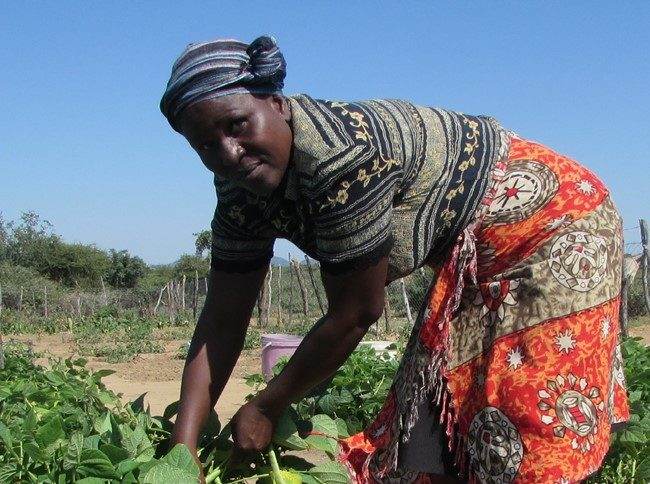Project Overview
We worked closely with farmers and local caregivers to share their knowledge, introduce healthier farming methods, tackle inequality in the home and learn business skills. Improving family incomes and the health of the whole community.
- Mothers with healthy children are being trained to share their knowledge and raise awareness of the importance of a varied diet with other local women.
- The Healthy Harvest Programme is training farmers in better food preparation, production and preservation. Encouraging them to plant a wide variety of crops, to make sure nutritious foods are available all year.
- A focus on agroecological techniques are helping farmers to adapt to the changing climate.
- Food fairs, run by the farmers are a practical way to share knowledge and cooking tips for locally produced crops. Removing the need to import expensive foods from elsewhere.
- Equality is being tackled through mixed training groups. Where both men and women learn about keeping small livestock, repair farming equipment, and cook nutritious meals.
- Collectives have been established to allow smallholder farmers to exploit economies of scale. With improved links to markets and buyers, they will also be able to sell crops for a bigger profit.
- More than 1000 local saving and lending groups have been set up to help farmers finance their investments. Improving technology, seeds and tools to help them diversify and grow their business.




